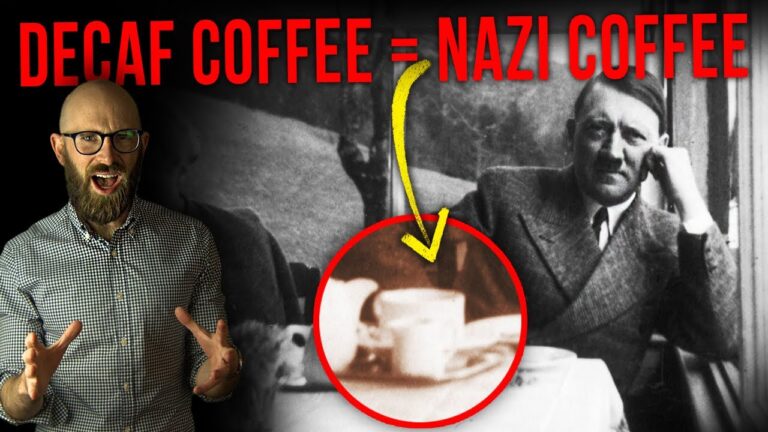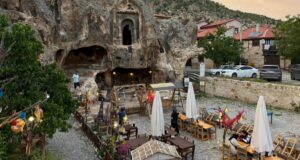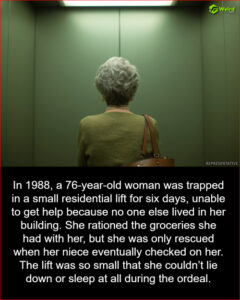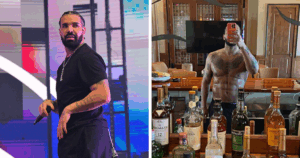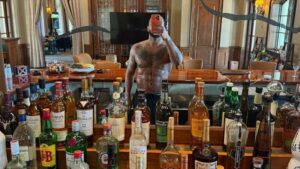“Unveiling the Secrets: How Your Favorite Drinks Lose Their Kick Without Losing Flavor!”
Other Prohibition dodges were even more brazen. In addition to near beer, many breweries produced malt extract, which, while perfectly legal in itself, could easily be mixed with water and yeast to produce home-brew beer. Similarly, Fruit Industries Ltd, a front company of the California Vineyardist Association, sold bricks of grape concentrate called Vine-Glo. Though officially intended for making grape juice, the Vine-Glo bricks came packaged with an oddly specific – and very cheeky – warning:
“After dissolving the brick in a gallon of water, do not place the liquid in a jug away in the cupboard for twenty days, because then it would turn into wine.”
With the repeal of Prohibition in 1933, the market for non-alcoholic wine and beer suddenly dried up – not to be revived for another four decades. In the 1970s, Texas-based oil worker Manny Zelzer spent a great deal of time travelling to and from the Middle East. There, many of his friends colleagues had developed a taste for American beer, and asked him to bring some back from home. However, due to Islamic prohibitions, many Middle Eastern countries had banned the production or importation of alcohol. Zelzer got around this problem by boiling his favourite brands to remove the alcohol before importing them. This de-alcoholized beer proved so popular that Zelzer soon launched his own brand, Texas Select, which by the 1980s was being sold across the Middle East and in countries such as Japan, Canada, and Korea. This was followed in 1990 by the launch of O’Doul’s, still one of the most popular non-alcoholic beers on the market. While initially slow to catch on, non-alcoholic beers and wines steadily grew in popularity thanks to growing public concerns over the negative health impacts of alcohol. Health concerns also spurred the development of low-calorie light beers, which tend to have a lower alcohol as well as carbohydrate content. Today, the non-alcoholic drinks market is worth over $11 billion worldwide.
